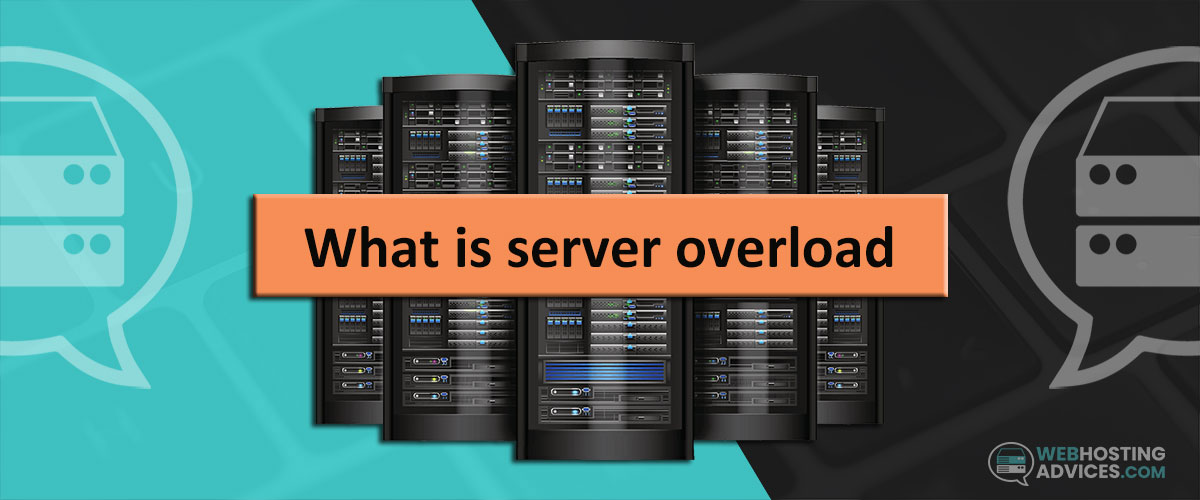Is your server taking too much time to load? Have your web apps gone down? Server overloading could be the culprit here.
In this guide, we will cover what is server overload, why it’s caused, and how you can fix server overloading. It’s applicable to any type of server.
Let’s begin.
what is server overload?
As the name suggests, server overload happens when the server resource usage exceeds its total capacity. When the server resources are exhausted, the server is incapable of handling more requests causing disruptions in the server.
The resources that usually exhaust include CPU usage, RAM, or there are also other factors such as bandwidth or IO usage.
You can begin by checking out the error codes on the server. Usually, you will get one of these errors while the server is overloaded.
- 500 Internal server error
- 502 bad gateway
- 503 service unavailable
- 504 gateway timeout
- 408 request timeout

Typically, all these errors occur because there are some issues with the server. The main reason for the server could be different.
What are the main reasons for a server overload?
Let’s see a couple of top reasons behind server overload.
High Traffic
A sudden traffic spike in the server is the root cause of the server overload.
During peak hours, all the VPS in the dedicated server might experience more traffic. This causes the entire server to disrupt which causes server overloading. You might see an error related to bandwidth consumption or insufficient memory in such a condition.
Insufficient Server Resources
The most obvious reason we saw during the “What is server overload” section is the exhaustion of server resources. A server might not have enough resources to serve the visitors.
Many hosting providers offer “unmetered” resources. However, the physical server is quite limited in terms of resources. So, it causes server interruptions.
So, make sure that you are not using more than 90% of the allocated resources. If so, you might want to upgrade your server.
Inefficient Coding
It’s not always the server or traffic that is responsible. While we mentioned what is overloading of a server, we mostly focused on the resources. It’s worth thinking about how a server resource exhausts. Sometimes, your poorly optimized code could also be the reason.
If a script uses more resources than it is supposed to, you need to work on the code. Even some of the CMS plugins have poor coding. So, it’s recommended to use the right plugins from reliable developers with good reviews.
DDoS Attacks
DDoS attacks are very common these days. Despite DDoS being one of the most critical issues for servers, many providers don’t provide the protection. When we cover any top VPS list, WebHostingAdvices always focuses on VPS with DDoS protections.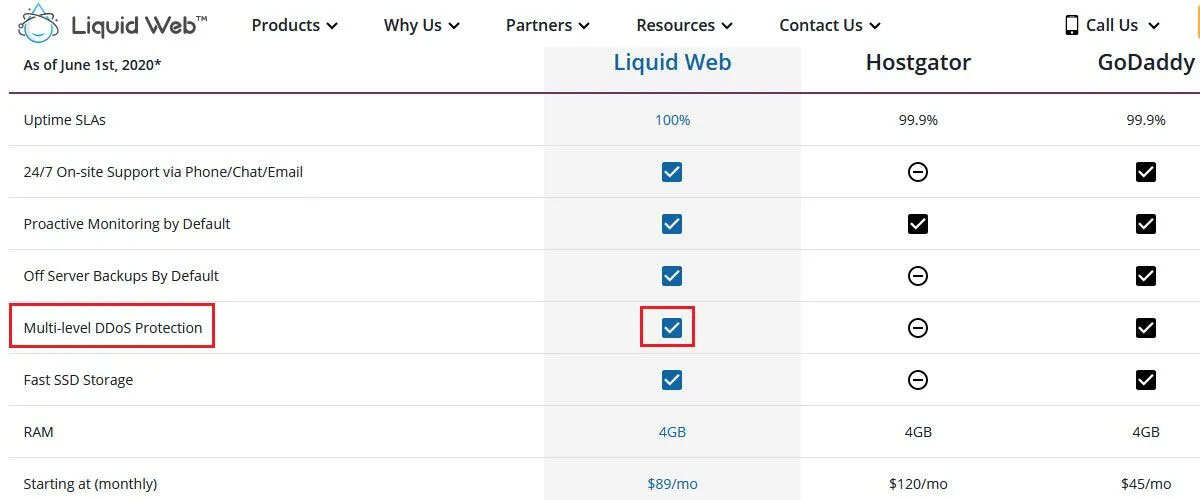
It’s recommended to use DDoS protection for your VPS or dedicated servers.
Inadequate Hosting Plan
Even if your server is good enough, you still need to choose the right hosting plan for it. So, make sure you choose the right plan with the right specs that align with your needs.
Server Configuration Issues
If you have a dedicated server, you need to ensure that there are no server configuration issues.
In most cases, it’s due to the wrong allocation of RAM, storage, etc. to one of the instances of web apps. If the load balancer is added, you need to ensure that it’s configured with proper routing.
Security breaches
Security breaches are the reason why your server configuration issue arises or your script suddenly starts misbehaving.
Last year, The Hacker News published an article where they covered multi-year breaches of GoDaddy. Whether it’s about malware spreading, employee data, customers’ email, or hosting login data, GoDaddy is always present.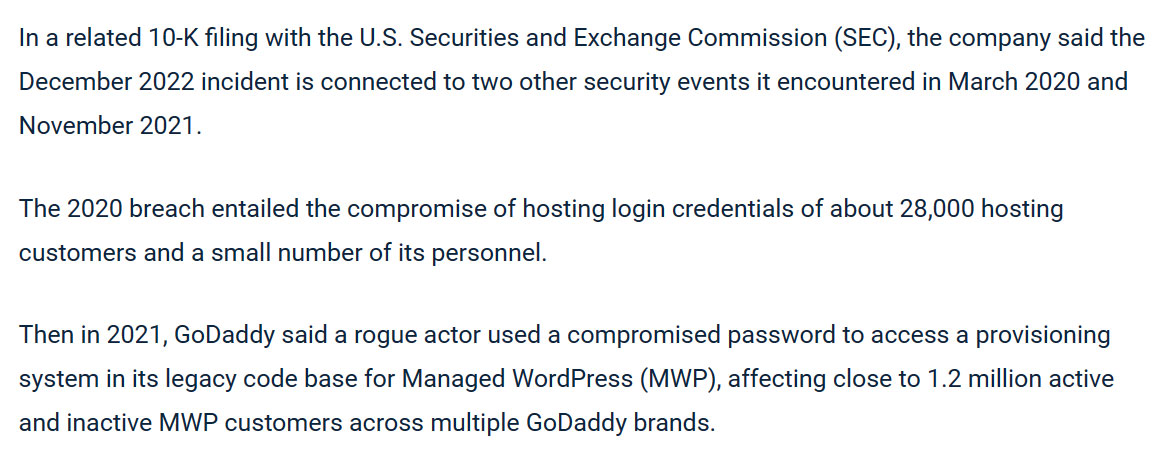 So, you need to ensure that you’re not going with such companies. Make sure you do your complete research before moving ahead with a company.
So, you need to ensure that you’re not going with such companies. Make sure you do your complete research before moving ahead with a company.
That’s why WebHostingAdvices doesn’t recommend GoDaddy.
Hardware Failures
A less reliable hosting might cause hardware failure. When the server has hardware issues, the server doesn’t respond well.
For instance, if one of the RAM sticks or storage drives fails (hardware failure), it may cause the server to overload as the overall capacity decreases. In this way, hardware failure can also cause the server to overload.
How to fix server overload problem?
There are many ways to fix server overload problems. Depending on your issue, one of the below-mentioned techniques is useful.
Identify the Root Cause
Finding the root cause of the server overloading is a tedious task and may take more time to find out. You can first see if there is any error while you visit your website. If the error states that memory is exhausted, it’s safe to say that RAM usage has increased due to some reasons.
Here are a few ways to identify the root cause.
- Check out analytics for sudden traffic spikes.
- See if you recently installed any software/script, or modified your code.
- Did you recently move to the new host or upgraded/downgraded your plan?
- Have you made any big changes to server architecture?
- Did you notice any unusual activities on the server?
After answering these questions, you can know if there was a security issue, architecture/code problem, traffic spikes, or it’s something else.
Optimize Code and Queries
WebHostingAdvices always recommends starting with optimizing your code to solve most of the problems. Even if there was a traffic spike, optimizing your code can fix the server overloading problem.
You can minimize CSS and Javascript. Next, you can optimize the queries for shorter response time from the DB.
Scale Your Infrastructure
One of the possible solutions is to scale your infrastructure if possible. Many hosting providers allow you to scale horizontally (adding more servers in your cloud) or vertically (increasing the server capacity).
Usually, cloud services (including AWS, Azure, or GCP) offer auto-scaling options. At WebHostingAdvices, we have recommended many scalable cloud services as well.
Services like Kamatera provides unlimited scaling as well.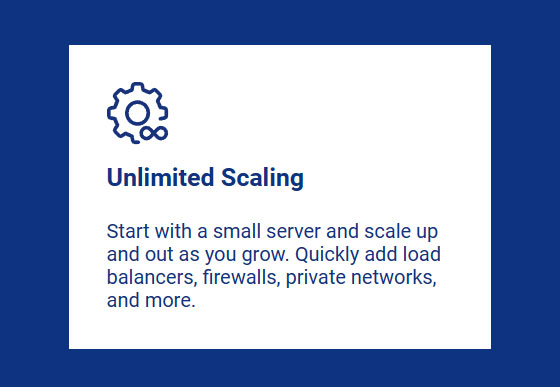
Cache Frequently Accessed Data
Caching saves you a lot of resources. A user will be served from the previously cached data. So, you can cache images and other frequently accessed data.
Implement Rate Limiting
Rate limiting controls the rate of the requests made to the server. Implementing it ensures that all the users can visit and surf the website. It prevents the excessive use of resources by a particular user.
Optimize Configuration
You can also try modifying and optimizing your server configuration. You can change settings for thread pools, connection limits, memory, or other resource allocations. The allocation limit is helpful when you are an agency with multiple clients on the same server.
Upgrade Hardware or Software
Upgrading hardware or software is yet another way to remove server overloading. You can either upgrade your server hardware or switch to a new hosting.
Alternatively, you can also try different software for virtualization to ensure that your resources are isolated. KVM is a good virtualization for isolating your resources.
There are many cheap KVM servers with good resources.
Consider Content Delivery Networks (CDNs)
CDN serves the visitors the cached version of the website depending on their geographical location.
So, if a user visits your website from France, they are served from the cached version of the website from the nearest location. It also improves the security by filtering the traffic. Cloudflare is a good free option for CDN.
Load Balancing
Above all, adding a load balancer is a perfect way to fix server overloading. We will see more about it in the next section.
It’s worth noting fixing server overload problems requires you to try multiple combinations of these strategies. You need to regularly review and upgrade your server and scripts keeping these strategies in mind.
How to prevent server overload with load balancing?
A load balancer routes your requests to different servers using an algorithm. In simple terms, you can add multiple cloud instances and add a load balancer.
When a user visits your web app, the load balancer uses its advanced algorithm to route the user’s request to a specific server. Depending on the load of the server and available resources of the instance, the load balancer routes the requests.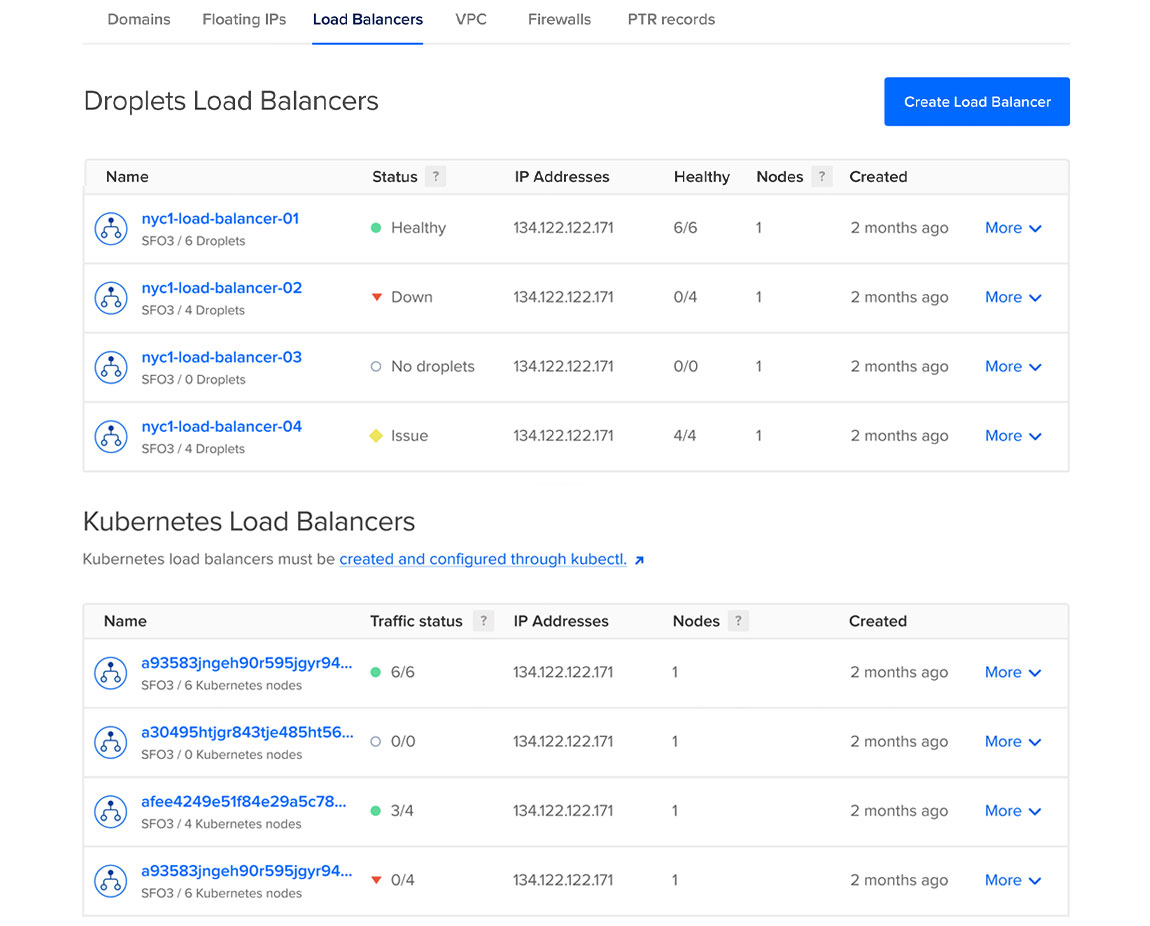
Load balancers are available mostly for cloud servers. Adding multiple cloud instances and a load balancer is the best way to prevent server overloading.
Conclusion
To answer what is server overloading, we can say it’s a phase where the server resources are exhausted and it can’t handle more requests.
Server overloading happens due to excessive use of resources, high-traffic, or even due to security issues. You can solve it by optimizing the code, increasing the security, adding more resources, or the best way is to add the load balancer.
FAQ (Frequently Asked Questions)
How is server load calculated?
Server load is calculated keeping in mind the CPU usage, memory, disk activities, or high traffic. All these factors equally matter while calculating the load.
How do I increase my server load capacity?
To increase the server load capacity, you only have the option to either scale your server or add a load balancer.
What happens in server overloads?
If the server overloads, it fails to accept and serve the incoming requests causing your web app to either go down or become extremely slow.

